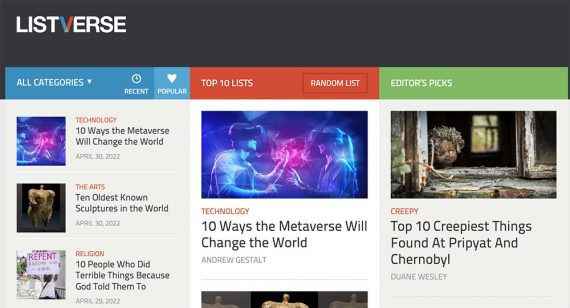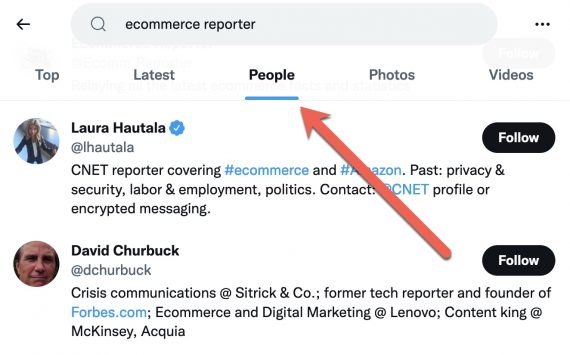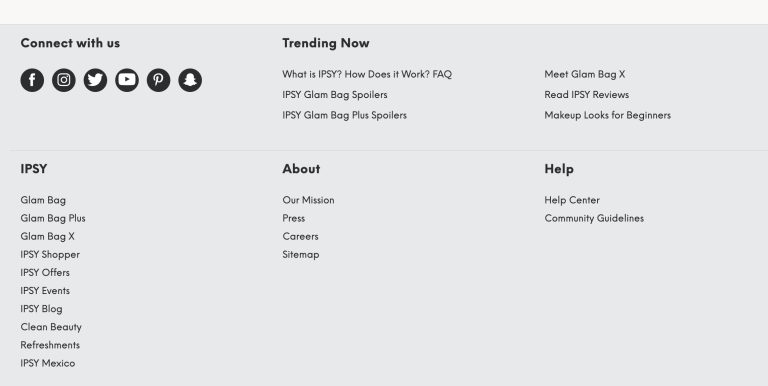It’s clear through Facebook’s reaction to these updates that they are very worried, some might even say they’re panicking. This update has the potential to be extremely detrimental to their revenue. According to Statista.com, 79.9% of users on Facebook only use the application on their mobile phone compared to 1.7% only using it on desktop or laptop computers. The remaining 18.5% use it on both.
Facebook’s response to iOS 14
As mentioned, beginning testing and attempting to rely less on the Facebook pixel is step one. You can also explore ways to get more out of other advertising channels like Google, Bing, and Linkedin and build remarketing audiences through those platforms. If history has taught us anything it’s that humans are highly adaptable, and that goes for tech corporations as well. I believe there will be resolutions in 2021 to mitigate the damage caused by these updates.
This repercussion is related to Apple “not playing by their own rules’. Quite simply, they don’t get a cut from Facebook’s ad revenue or other apps with similar business models. When an app has in-product subscriptions or payments, however, they do.
Out of that 79.9%, there will be a large portion who will be using an iOS device with the iOS 14 update. From that number of users there will be a percentage who will actually allow the app to track their data but how many of which that will be is unknown and not likely to be a large fraction of the overall. With popular documentaries such as “The Social Dilemma” in addition to years of user data scandals, It can be assumed that a majority of iOS users will opt out of Facebook’s tracking.
How does iOS 14 affect your Facebook ads?
This refers to small business’s ability not only to remarket to users who have visited their website but to also leverage that pixel data to render lookalike audiences.
Businesses will be forced to turn to subscriptions and in-app payments
With that being said, these changes will 100% affect small businesses. In fact it will have a massive impact on all businesses advertising on the platform. In a post titled Speaking Up for Small Businesses, Dan Levy, the VP of Ads and Business Products at Facebook, outlines his arguments against the iOS update. In the article he claims Apple is enforcing the update to encourage apps to include in-app payments and subscriptions (all of which they would profit from). He also explains how the update hurts small businesses’s ability to target, which is very true. Small businesses have lower budgets and need as many options to refine targeting as possible. Additionally, Levy points out how Apple isn’t necessarily playing by their own rules. What he means by that is Apple’s own personalized ad platform isn’t subject to the new iOS 14 policy, therefore Apple doesn’t need to send you the prompt but other applications do.
Drop in Facebook app install ad revenue
This certainly isn’t a permanent solution to running paid advertising on Facebook in the future, but doing so may give you insight into what you can expect when the update takes effect.
Greater difficulty for small businesses to reach their ideal audience, limiting growth
There are a variety of ways in which your ads will be affected by this update. A few that Levy has pointed out are:
How to plan around the iOS 14 update
I don’t believe this is going to be the complete end of Facebook advertising and I’m cautiously optimistic that it will have less of an impact than expected. Facebook is at a point now where they are nearly regarded as a “too big to fail” company. I believe that there will be several workarounds in the coming months to help advertisers weather the storm. In the meantime there are a few things that you can do to prepare yourself for the changes in order to put your business in the best possible position to succeed from an advertising perspective.
Exclude iOS devices from campaigns with conversion objectives
There’s been a lot of talk in the digital space about Apple’s iOS 14 update and how that relates in particular to Facebook advertising. Over the years I have read and heard of rumors that there would be some type of legislation that would mark the end of Facebook ads. These, of course, either never happened or never really had a substantial impact on the business so Facebook advertising has trudged along through the years.
The future of Facebook ads
That loss of personalization could lead to a drop in revenue by 50% resulting from Facebook app install ads. This point is being made for those who create applications and promote them using Facebook ads. The point is similar to the previous one mentioned above, implying that loss of remarketing and personalization of ads will result in massive reductions in revenue.
As I’ve mentioned, the main component of Facebook advertising that is going to be affected by this is pixel tracking. That means remarketing lists, conversion events, and so on. When you create a conversions campaign in Facebook the algorithm learns and optimizes in a way to drive more of the desired action for you. Some simple workarounds for the update in the immediate future would be:






